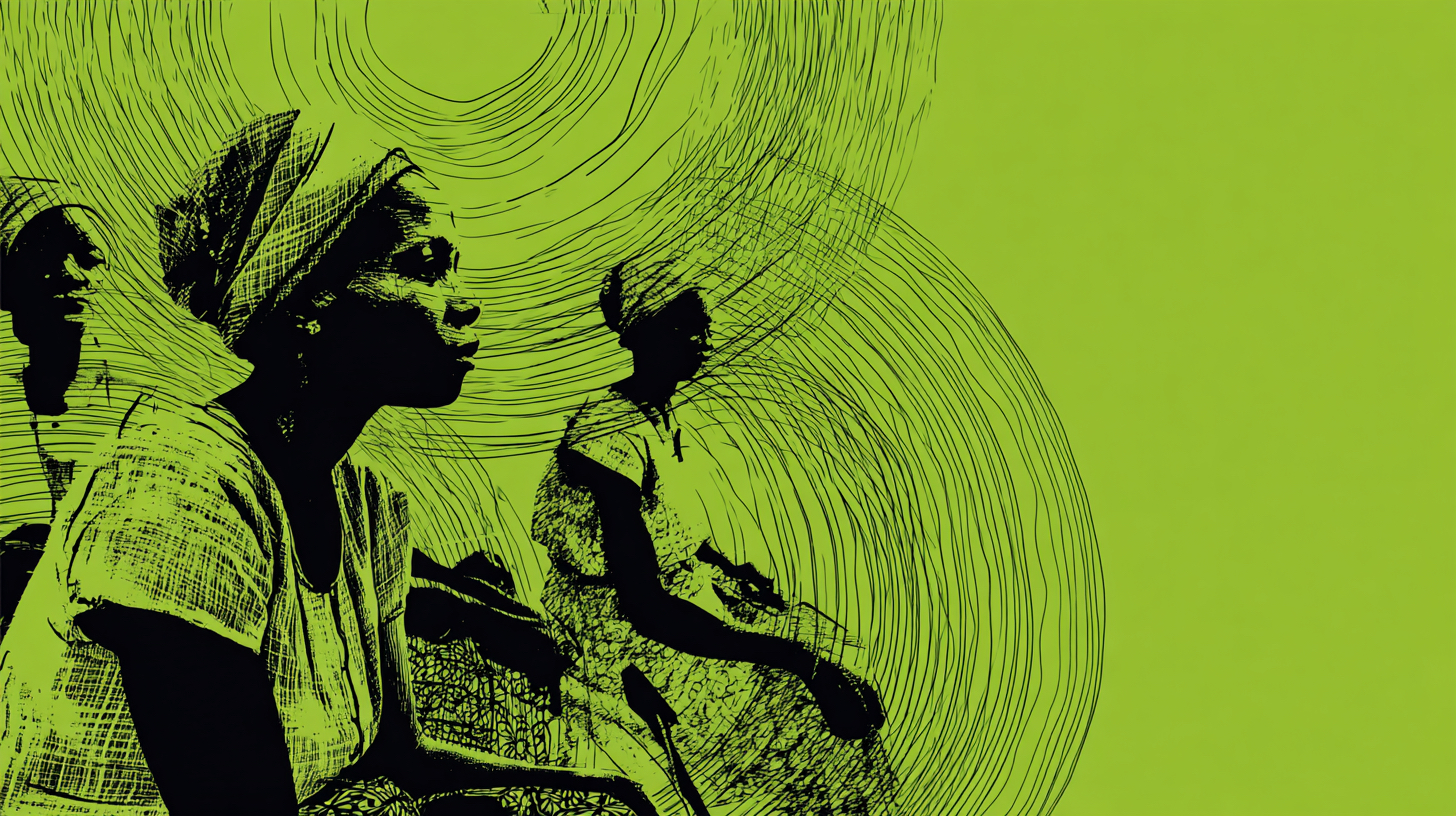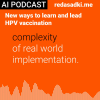learning culture
-
Comparative analysis of malaria workforce development models
The stagnation in global malaria mortality reduction calls for a re-evaluation of the malaria workforce development models currently deployed in high-burden countries. While biological challenges such as insecticide resistance and parasite mutations are well-documented, a critical bottleneck remains the capacity of the human workforce to implement technical strategies with precision. The transition from control to…
Written by

-
Nigeria Immunization Agenda 2030 Collaborative: Piloting a national peer learning programme
Insights report about Nigeria’s Immunization Agenda 2030 Collaborative surfaces surprising solutions for both demand- and supply-side immunization challenges When 4,434 practitioners from all 36 states asked why children in their communities remained unvaccinated, the problems they thought they understood often had entirely different root causes. “I ended up being surprised at the answer I got,”…
Written by

-
Artificial intelligence, accountability, and authenticity: knowledge production and power in global health crisis
I know and appreciate Joseph, a Kenyan health leader from Murang’a County, for years of diligent leadership and contributions as a Scholar of The Geneva Learning Foundation (TGLF). Recently, he began submitting AI-generated responses to Teach to Reach Questions that were meant to elicit narratives grounded in his personal experience. Seemingly unrelated to this, OpenAI just…
Written by

-
AI podcast explores surprising insights from health workers about HPV vaccination
This is an AI podcast featuring two hosts discussing an article by Reda Sadki titled “New Ways to Learn and Lead HPV Vaccination: Bridging Planning and Implementation Gaps.” The conversational format involves the AI hosts taking turns explaining key points and sharing insights about Sadki’s work on HPV vaccination strategies. While the conversation is AI-generated,…
Written by

-
Peer learning in immunization programmes
The path to strengthening immunization systems requires innovative technical assistance approaches to learning and capacity building. A recent correspondence in The Lancet proposes peer learning in immunization programmes as a crucial mechanism for achieving the goals of the Immunization Agenda 2030 (IA2030), arguing for “an intentional, well coordinated, fit-for-purpose, data-driven, and government-led immunisation peer-learning plan…
Written by

-
Why answer Teach to Reach Questions?
Have you ever wished you could talk to another health worker who has faced the same challenges as you? Someone who found a way to keep helping people, even when things seemed impossible? That’s exactly the kind of active learning that Teach to Reach Questions make possible. They make peer learning easy for everyone who…
Written by

-
What is the pedagogy of Teach to Reach?
In a rural health center in Kenya, a community health worker develops an innovative approach to reaching families who have been hesitant about vaccination. Meanwhile, in a Brazilian city, a nurse has gotten everyone involved – including families and communities – onboard to integrate information about HPV vaccination into cervical cancer screening. These valuable insights might…
Written by

-
Experiences shared at Teach to Reach 10
Before, during, and after Teach to Reach on 20-21 June 2024, 21,398 health workers across the Global South—from veteran national managers to newly-trained community health workers—shared their unfiltered, frontline experiences of delivering care in an increasingly complex world. Ahead of Teach to Reach 11, The Geneva Learning Foundation has just released the English-language collection of…
Written by

-
Why participate in Teach to Reach?
In global health, where challenges are as diverse as they are complex, we need new ways for health professionals to connect, learn, and drive change. Imagine a digital space where a nurse from rural Nigeria, a policymaker from India, and a WHO expert can share experiences, learn from each other, and collectively tackle global health…
Written by

-
Brevity’s burden: The executive summary trap in global health
It was James Gleick who noted in his book “Faster: The Acceleration of Just About Everything” the societal shift towards valuing speed over depth: “We have become a quick-reflexed, multitasking, channel-flipping, fast-forwarding species. We don’t completely understand it, and we’re not altogether happy about it.” In global health, there’s a growing tendency to demand ever-shorter…
Written by
